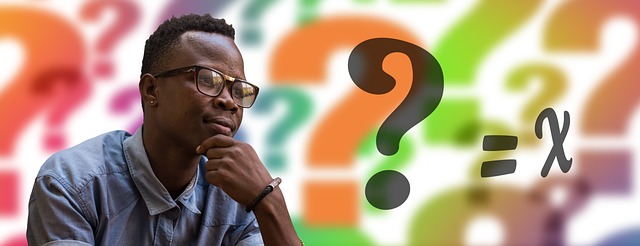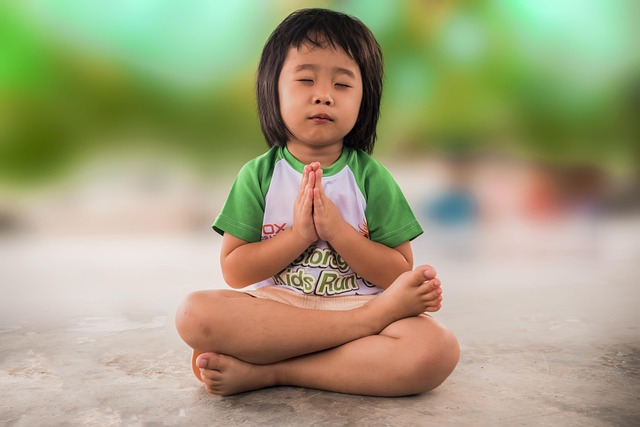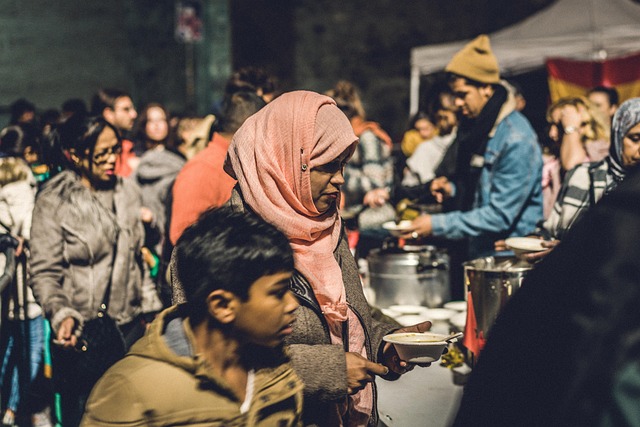In today’s world, communities are often fractured by a variety of social problems that seem insurmountable. Whether it’s poverty, violence, discrimination, or substance abuse, these issues can create a deep divide among individuals and groups. However, there is a profound and often overlooked resource that can play a significant role in bridging these divides: religion.
Religion, for many, serves as a guiding light in moments of crisis. It offers a sense of belonging and shared values, which fosters unity and compassion among its followers. The teachings of various religious traditions emphasize the importance of love, empathy, and support for one another, which can be a powerful foundation for creating effective social problem solutions.
Take, for instance, the example of local faith-based organizations working tirelessly to combat homelessness. These organizations, driven by their religious convictions, often provide not only shelter but also counseling, job training, and rehabilitation services. By addressing the multifaceted issues that contribute to homelessness, they are doing more than just offering food and shelter; they are actively working to heal communities.
Religious institutions can also serve as conflict resolution hubs where community members of all backgrounds come together. When people gather in a place of worship, they leave behind their differences, sharing a common purpose. This can lead to dialogue and collaboration on pressing social problems, encouraging understanding and respect among diverse populations.
Moreover, interfaith initiatives foster cooperation among various religions to tackle social issues like hunger and education. These partnerships send a powerful message: that collective action and empathetic engagement can pave the way for impactful social problem solutions. When faith communities unite for a common cause, they model cooperation and set an example for others, fostering a spirit of harmony that transcends religious boundaries.
Additionally, the moral teachings found in religious texts often advocate for social justice and the protection of the marginalized. This mission resonates deeply in communities struggling with systemic inequities. By rallying congregants around advocacy and social action, religious groups can mobilize community resources and drive change, addressing root causes rather than just symptoms of social problems.
In this age of division, religion can be a powerful force for good. It encourages individuals to recognize their shared humanity and motivates them to contribute to social good. By cultivating compassion and a sense of collective responsibility, religious communities can inspire transformative social problem solutions that extend beyond mere rhetoric to produce tangible results.
Ultimately, the intersection of religion and community action highlights a profound truth: healing divides in our society may begin with faith. As we harness the power of collective belief and action, we open the door to significant progress in overcoming the social challenges we face. Embracing our differences while uniting for common good, possibly through spirituality, might just be the key to a healthier, more connected community.




